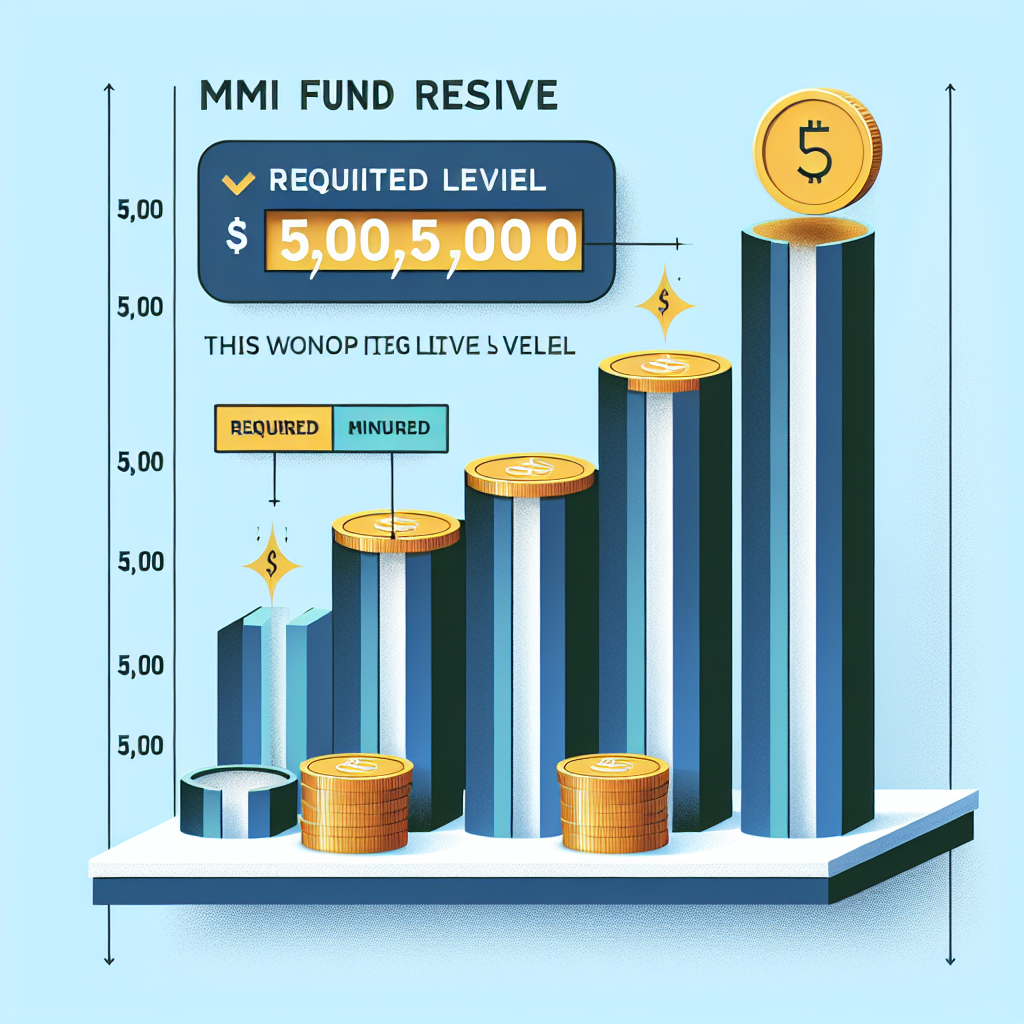MMI Fund Capital Reserve Surpasses Required Level by Fivefold
The Mutual Mortgage Insurance (MMI) Fund, a critical component of the Federal Housing Administration (FHA), has recently made headlines by surpassing its required capital reserve level by fivefold. This development is significant for the housing market, policymakers, and potential homeowners. In this article, we will explore the implications of this achievement, the factors contributing to it, and what it means for the future of housing finance in the United States.
Understanding the MMI Fund
The MMI Fund is a crucial part of the FHA’s mission to promote homeownership, particularly for first-time and low-to-moderate-income buyers. It provides mortgage insurance on loans made by FHA-approved lenders, ensuring that lenders are protected against losses if borrowers default. The fund is required by law to maintain a capital reserve ratio of at least 2% of its insurance-in-force, a benchmark set to ensure its financial health and stability.
Factors Contributing to the Surplus
Several factors have contributed to the MMI Fund’s capital reserve surpassing the required level by fivefold:
- Strong Housing Market: The robust housing market has led to increased home values, reducing the likelihood of defaults and foreclosures. This has positively impacted the MMI Fund’s financial position.
- Improved Underwriting Standards: Over the years, the FHA has implemented stricter underwriting standards, resulting in a higher quality of loans and fewer defaults.
- Economic Recovery: The broader economic recovery, characterized by low unemployment rates and rising wages, has improved borrowers’ ability to meet their mortgage obligations.
- Refinancing Boom: Low interest rates have spurred a refinancing boom, allowing borrowers to secure more favorable loan terms and reduce their monthly payments, further decreasing default risks.
Implications for Homebuyers and the Housing Market
The MMI Fund’s strong financial position has several implications for homebuyers and the housing market:
- Potential for Lower Insurance Premiums: With a robust capital reserve, the FHA may consider reducing mortgage insurance premiums, making homeownership more affordable for borrowers.
- Increased Lending Flexibility: A well-capitalized MMI Fund could allow the FHA to expand its lending programs, potentially reaching more underserved communities.
- Market Stability: A financially healthy MMI Fund contributes to overall market stability, reassuring lenders and investors about the soundness of FHA-backed loans.
Case Study: The 2008 Financial Crisis
To understand the significance of the MMI Fund’s current surplus, it’s essential to look back at the 2008 financial crisis. During this period, the fund’s capital reserve ratio fell below the required 2%, prompting concerns about its ability to withstand future economic downturns. The FHA had to implement several measures, including raising insurance premiums and tightening lending standards, to restore the fund’s financial health. The current surplus indicates that the lessons learned from the crisis have been effectively applied, ensuring the fund’s resilience in the face of potential challenges.
Future Outlook
While the MMI Fund’s current surplus is a positive development, it is essential to remain vigilant. The housing market is subject to fluctuations, and economic conditions can change rapidly. Policymakers and the FHA must continue to monitor the fund’s performance and make necessary adjustments to maintain its stability.
Conclusion
The MMI Fund’s capital reserve surpassing the required level by fivefold is a testament to the strength of the housing market, improved underwriting standards, and economic recovery. This achievement has significant implications for homebuyers, lenders, and the broader housing market. As we move forward, it is crucial to maintain the fund’s financial health to ensure continued support for homeownership and market stability. By learning from past experiences and adapting to changing conditions, the FHA can continue to fulfill its mission of promoting affordable and sustainable homeownership for all Americans.



